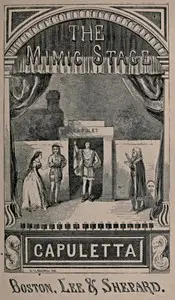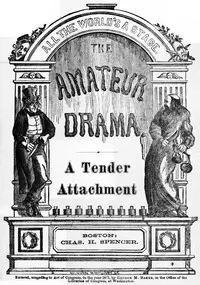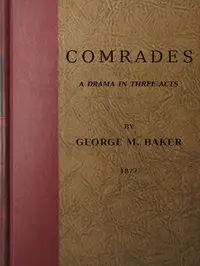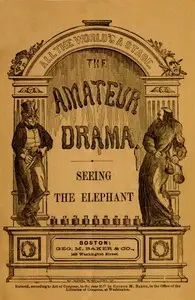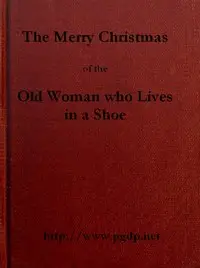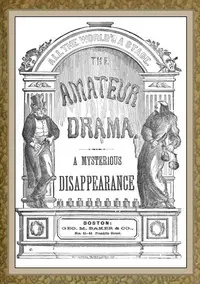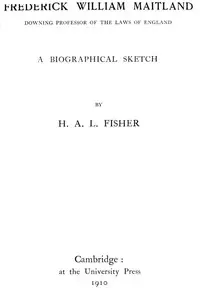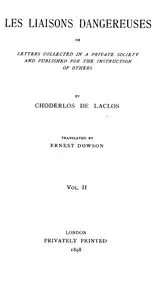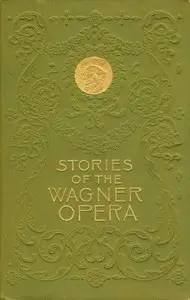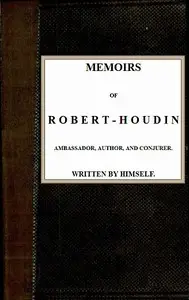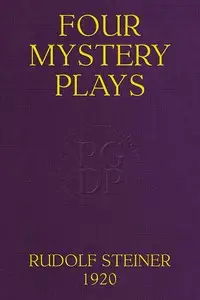"The Boston Dip: A Comedy, in One Act" by George M. Baker is a comedic play written during the early 1870s. This book falls into the category of theatrical plays, specifically a one-act comedy, and it explores themes of social class, romance, and misunderstanding through its humorous dialogue and scenarios. The play reflects the societal context of the early 19th century, illustrating the dynamics surrounding social status, marriage, and the pursuit of elegance. The storyline revolves around the Mulligrub family, particularly the antics of Mrs. Hannah Mulligrub, who, while her husband is obliviously spying on her, engages a dancing master, Monsieur Adonis, to teach her the latest dance craze—the "Boston Dip." Meanwhile, the two daughters, Ida and Eva, navigate the romantic pursuits of two young men who show interest in them, adding layers of comedic confusion as mistaken identities and intentions unfold. The tension peaks when Mr. Mulligrub discovers a note that he misinterprets as a romantic liaison, leading to a series of humorous confrontations. Ultimately, the misunderstanding is cleared up, but not before a raucous display of farcical comedy leaves the audience entertained. (This is an automatically generated summary.)
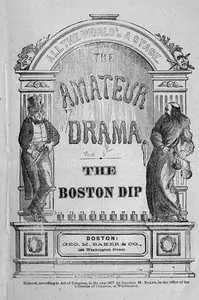
The Boston Dip: A Comedy, in One Act
By George M. (George Melville) Baker
"The Boston Dip: A Comedy, in One Act" by George M. Baker is a comedic play written during the early 1870s. This book falls into the category of theat...
George Melville Baker (1832–1890) was a playwright and publisher in Boston, Massachusetts, in the 19th century. He worked for Lee & Shepard publishers, then opened his own imprint. "George M. Baker & Co." issued works by authors such as Henry M. Baker, F.E. Chase, and Herbert Pelham Curtis. Baker's company ceased in 1885, succeeded by his brother's "Walter H. Baker & Co." George Baker also performed with comedian Henry C. Barnabee, appearing in "lyceum entertainments" in New England. He belonged to the Mercantile Library Association. He married Emily Bowles in 1858; children included novelist Emilie Loring, playwright Rachel Baker Gale, and screenwriter Robert Melville Baker.

